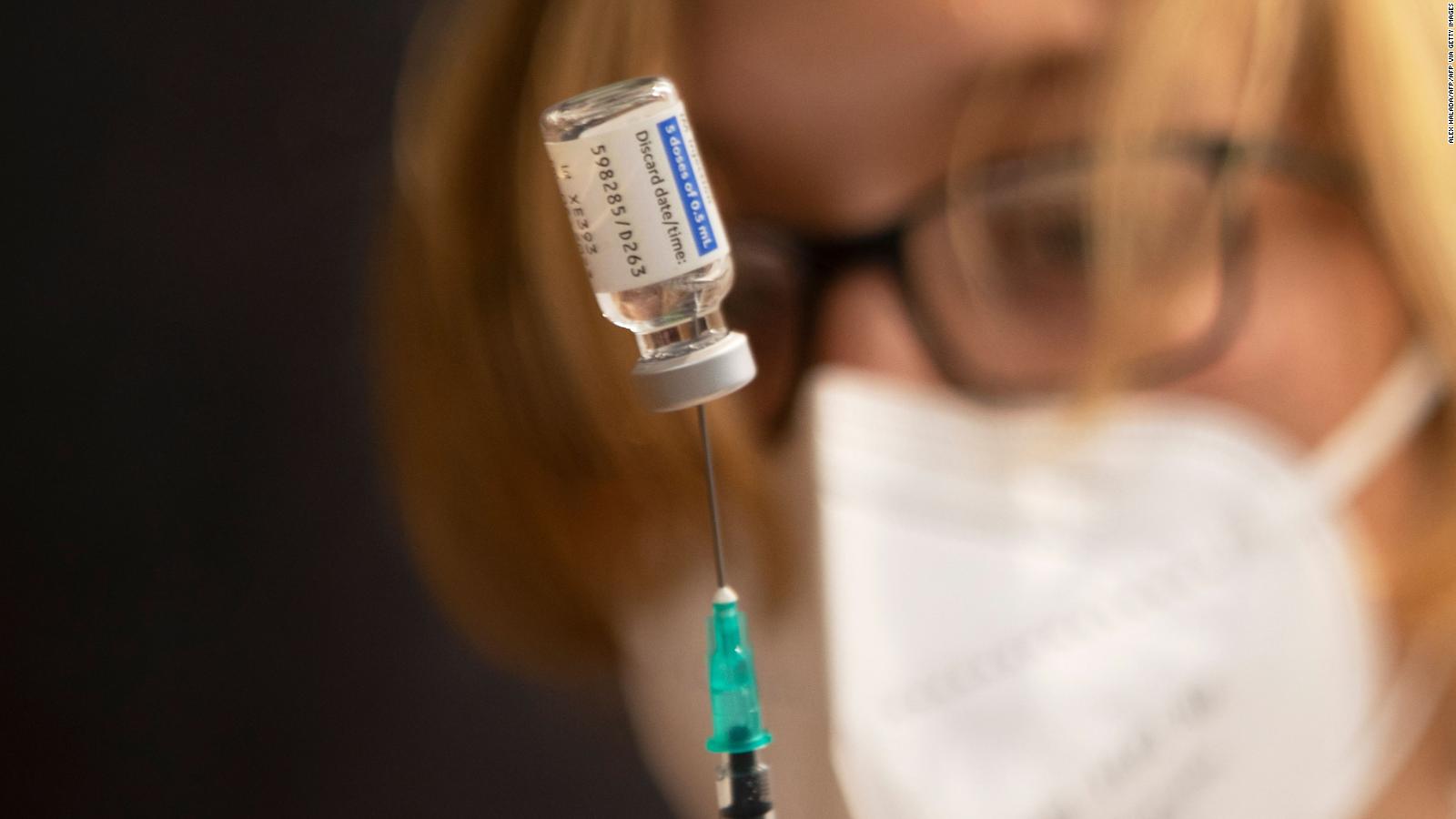(CNN) — A comparative study shows that Pfizer’s coronavirus vaccine tends to produce a lower antibody response in older people compared to younger people, while there are no apparent differences from the Moderna vaccine.
Dr. Jeffrey Wilson of the University of Virginia and his colleagues tested the blood of 167 people who received the Moderna or Pfizer / BioNTech vaccine, looking for antibody levels after two doses.
“In this cohort study, we used a quantitative assay and found that BNT162b2 (the Pfizer vaccine) elicited relatively lower antibody levels in older adults than younger ones, which is consistent with emerging reports,” they wrote in your report, published in the medical journal JAMA. By older adults they meant people over 50 years of age.
“In contrast, there were no differences in post-boost antibody levels in older versus younger adults who received mRNA-1273 (Moderna’s vaccine).”
It is not clear why. Moderna’s vaccine delivers a larger dose of antigen — the active product — although the doses cannot be directly compared. And it might mean nothing.
The researchers measured what are known as binding antibodies. These are antibodies that stick to a target — in this case, the virus — but do nothing to it.
They did not measure neutralizing antibodies, that is, specific antibodies that interfere with the virus’s ability to infect cells. Agglutinating antibodies could attract immune system cells to attack, but this has not been measured with covid-19 vaccines.
“Additional studies are needed to determine whether SARS-CoV-2 binding antibodies can be used to predict clinical protection against COVID-19,” the team wrote.
Both Pfizer and Moderna have asked the FDA to authorize booster doses of your vaccines. Studies show that adding a third dose of the vaccine months after people receive the first two doses can restore antibody responses that may have waned over time.
–


